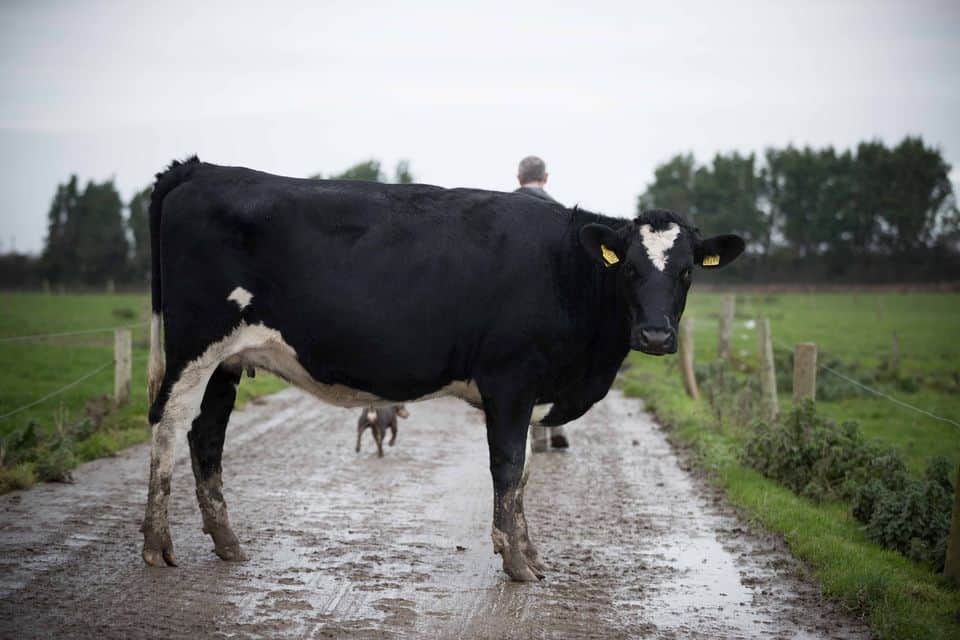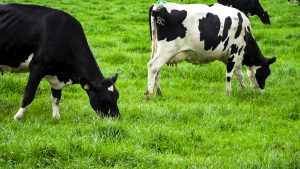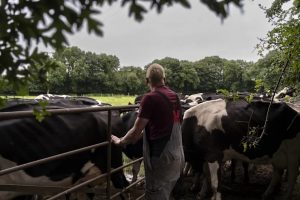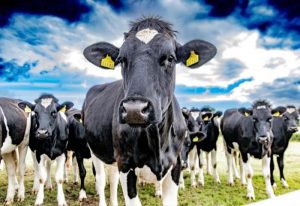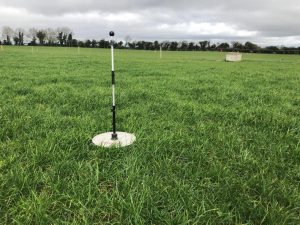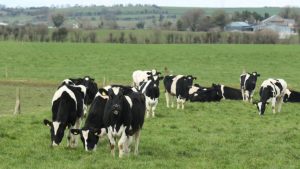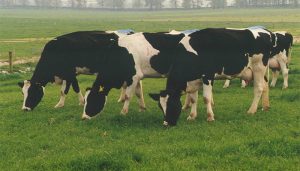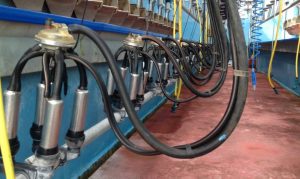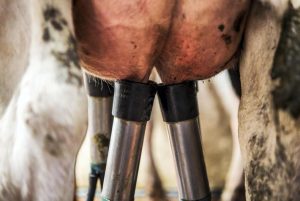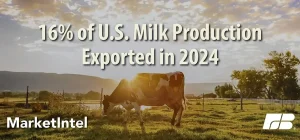
ICOS has warned that a dairy exit scheme will impact the dairy sector having a “viable and sustainable” future.
In its formal submission to the Food Vision Dairy Group, the Irish Co-operative Organisation Society (ICOS) has expressed its strong reservations to the introduction of a dairy exit scheme.
It warned that any any scheme to reduce emissions must not impact on milk volumes available to process at co-op level.
“These co-ops on behalf of their farmer owners have invested heavily since the abolition of quotas to handle the volumes of milk that were part of an agreed national strategy,” Niall Matthews, Chair of the ICOS Dairy Committee said.
“ICOS does not believe that the proposed scheme will contribute to a viable and sustainable dairy industry into the future.”
The co-operative representative body believes the proposal will have undesirable consequences for the dairy sector at farm and processing level.
Matthews also said the dairy industry must be allowed to increase productivity at an organic and reasonable growth rate, so as to support existing family farms and generational renewal.
“The reduction in emissions can be achieved by adopting science-based measures on farm, and by supporting the adoption of new technologies.”
He also said any scheme to reduce emissions must allow for gradual growth by milk suppliers and must promote generational renewal and new entrants to dairying to ensure innovation, diversity and a balanced age profile in the dairy food industry.
He also said there would need to be a guarantee that the rights of landowners will not be impinged and that lands are transferable to all enterprises, including dairy farmers, who may wish to reduce stocking rates on existing holdings.
“ICOS is warning the Government that the introduction of a policy that will reduce milk supply could have very serious economic implications for processing co-ops,” said Mr. Matthews.
“We cannot support a policy that could reduce milk supply with consequences for the investment made in dairy processing by farmers and their co-ops.
“As global demand for nutritious dairy continues to increase, any reduction in Irish output will be offset elsewhere. The leakage of dairy production from a temperate grass-based system, as we have in Ireland, to other systems could double or treble global emissions associated with the same amount of product, while resulting in a zero environmental dividend and long lasting economic and social implications for rural communities in Ireland, which is not acceptable.”
